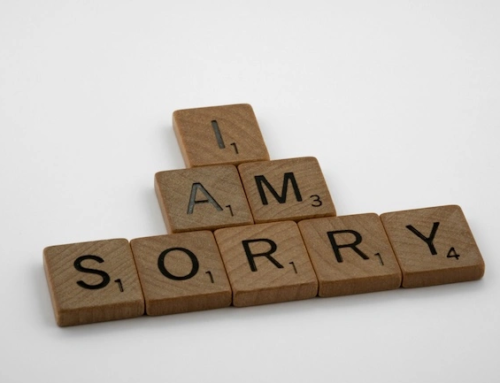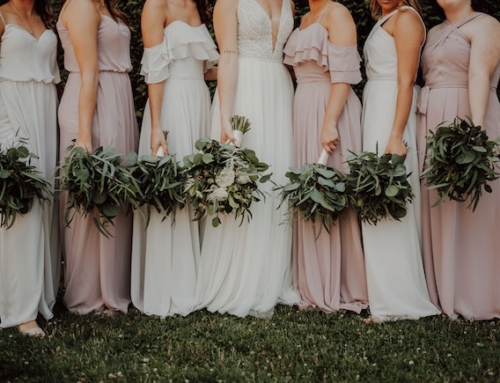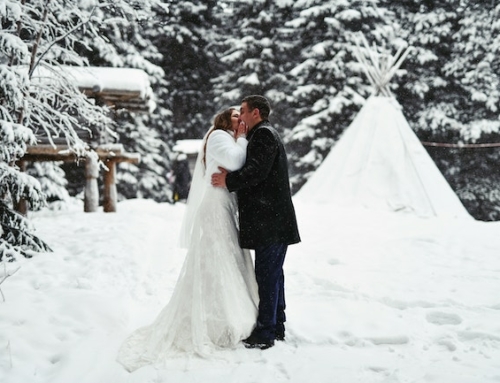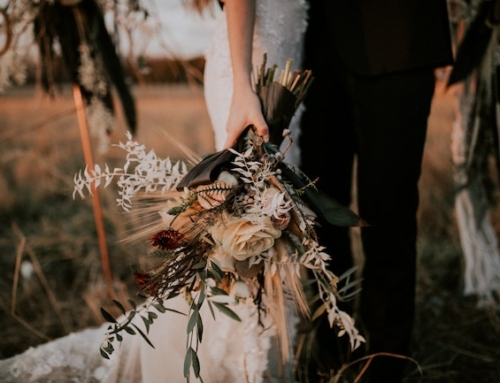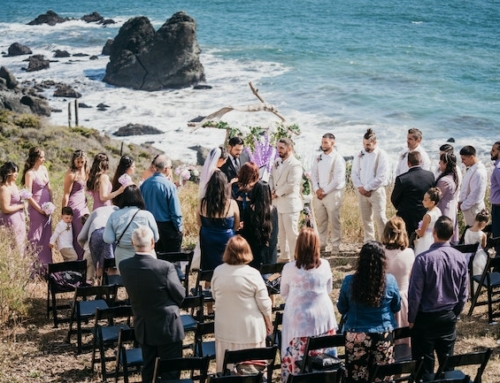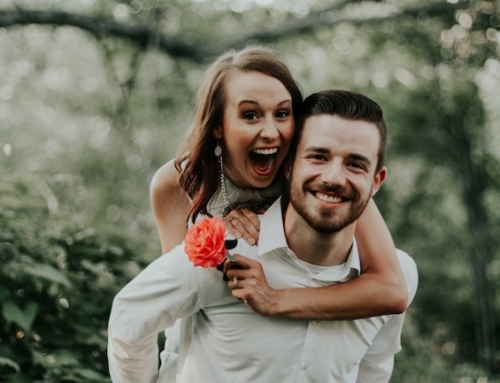Weddings are meant to be a time of celebration, love, and unity, but unfortunately, not everyone behaves appropriately on this special occasion. Difficult wedding guests can put a damper on the festivities, and it’s up to the bride and groom to handle the situation in a calm and collected manner.
The reality is that every wedding will have at least one difficult guest, whether it’s a family member who always finds something to complain about, a friend who drinks too much, or an attention-seeking individual who wants to be the center of attention. However, by being aware of the different types of difficult guests and implementing strategies to deal with them, brides and grooms can prevent any negative impact on their wedding day.

In this article, we’ll explore some of the most common types of difficult guests and offer tips on how to handle them. We’ll also discuss preventative measures that can be taken to minimize the risk of problematic behavior. By being prepared and proactive, brides and grooms can ensure that their wedding day is everything they hoped for and more.
Identifying Difficult Guests
The first step in dealing with difficult wedding guests is identifying who they are. Below are some of the most common types of difficult wedding guests:

The Chronic Complainer
This guest always seems to find something to complain about, whether it’s the food, the music, or the seating arrangements. They can bring down the mood of the entire wedding party.
The Attention-Seeker
This guest always wants to be the centre of attention and will do anything to get it, including disrupting the wedding ceremony or giving long-winded speeches during the reception.

The Drunk or Substance-Abusing Guest
This guest can be unpredictable and potentially dangerous. They may cause a scene or get into fights, ruining the wedding for everyone else.
The Critical Family Member
This guest is often a close relative who feels entitled to have a say in every aspect of the wedding. They may disagree with the wedding plans or try to take control of the event.
It’s essential to remember that while these guests may be challenging to deal with, it’s important to remain calm and collected, and not let them ruin the wedding.
How to Deal with Difficult Guests
Dealing with difficult wedding guests can be a challenge, but there are some strategies that brides and grooms can use to manage them effectively. Below are some tips for dealing with different types of difficult guests:

The Chronic Complainer
It’s important to listen to their complaints and try to address them if possible. However, if they continue to complain, it may be best to politely acknowledge their concerns and then move on to other guests.
The Attention-Seeker
It’s important to remember that this guest is seeking attention, so the best way to handle them is to not give them the attention they want. Politely redirect their focus to other guests and activities.
The Drunk or Substance-Abusing Guest
It’s crucial to have a plan in place for handling these guests. Enlist the help of security or other trusted individuals to keep an eye on them and intervene if necessary. It may also be necessary to escort them out of the wedding if their behaviour becomes too disruptive.

The Critical Family Member
It’s important to set boundaries with these guests and communicate openly with them about expectations for their behavior. It may also be helpful to enlist the help of a neutral party, such as a wedding planner, to mediate any conflicts.
In addition to these strategies, prevention is also key. Consider providing ample food and drinks to prevent guests from getting too intoxicated, and consider seating difficult guests at separate tables to avoid conflicts. Above all, it’s essential to remain calm and collected, and not let difficult guests ruin the wedding day.
Communication Strategies
Effective communication strategies can help brides and grooms manage difficult wedding guests. Below are some communication strategies that can help:

Be Direct
Address the difficult guest directly, but remain polite and respectful. Let them know what behaviour is acceptable and what is not.
Use “I” Statements
Use “I” statements to express how their behavior is affecting you, rather than accusing them. For example, say “I feel uncomfortable when you…” rather than “You’re making everyone uncomfortable.”
Stay Calm
It’s important to remain calm and not let difficult guests get under your skin. Keep your voice even and avoid being confrontational.

Don’t Engage
In some cases, it may be best to simply disengage from a difficult guest. Avoid engaging in arguments or discussions that could escalate the situation.
Seek Help
Enlist the help of a wedding planner or trusted family member to intervene in situations where difficult guests are causing problems.
Remember, effective communication is about setting boundaries and expressing your expectations in a respectful and calm manner. By communicating clearly and directly, brides and grooms can effectively manage difficult wedding guests and ensure that their special day is a success.
Preventative Measures
Preventative measures can also be taken to avoid difficult wedding guests or minimize their impact. Below are some tips for taking preventative measures:

Include Information in Invitations
Consider including information in your invitations regarding dress code, seating arrangements, and any other important details. This can help set expectations and avoid confusion or misunderstandings.
Have a Plan
Have a plan in place for handling difficult guests, including a designated point person who can intervene if necessary. This can be a wedding planner, family member, or close friend.
Provide Adequate Seating
Consider seating difficult guests at separate tables, away from potential sources of conflict. This can help minimise their impact on other guests and prevent conflicts.
Hire Security
If you anticipate difficult guests or are concerned about security, consider hiring professional security to monitor the event.

Be Mindful of Alcohol
Alcohol can exacerbate difficult behavior, so it’s important to provide ample food and non-alcoholic drink options to guests. It may also be helpful to limit the amount of alcohol served or cut off alcohol service early in the evening.
Final Thoughts
Dealing with difficult wedding guests can be a challenging experience for brides and grooms. However, with the right strategies in place, difficult guests can be managed effectively, allowing the happy couple to enjoy their special day.
Remember, it’s important to stay calm, remain respectful, and prioritize the happiness and well-being of the couple and their guests. With these tips in mind, difficult wedding guests can be managed effectively, allowing the happy couple to focus on what really matters: celebrating their love and commitment to each other.


